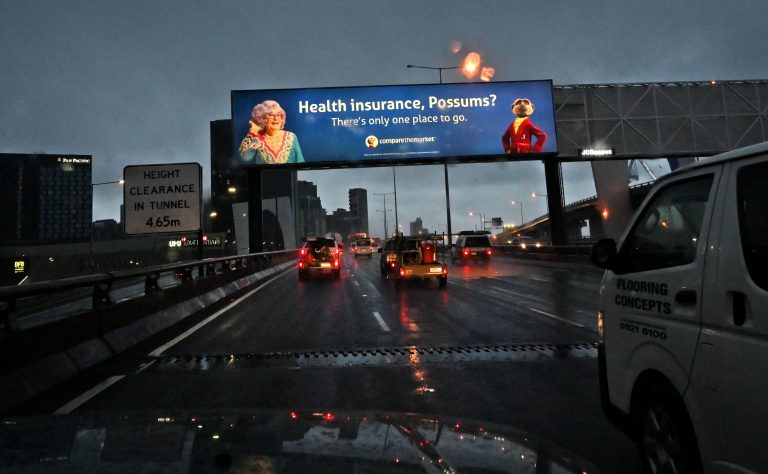Some U.S. employers will begin to tax employees who decline the experimental gene therapy-based Coronavirus Disease 2019 (COVID-19) vaccinations $20 to $50 per month as a “health coverage surcharge” in a latest approach to forcing vaccine acceptance on the public.
The revelation came in a Aug. 8 article published in Forbes titled Coming Soon For the Unvaccinated: a $50 Monthly Paycheck Deduction From Your Employer based on an interview with a representative from Mercer, a major employee benefits consultancy firm.
Wade Symons, Mercer’s Regulatory Resources Group Leader, lamented that although vaccine uptake had dwindled despite employers offering “paid time off and cash,” because of the oft-relied-upon hysteria surrounding the Delta Variant of the SARS-CoV-2 novel coronavirus that can cause COVID-19 “driving up infections and hospitalizations throughout the country – at the same time that vaccination rates have stalled,” that Mercer had “received inquiries from at least 20 employers over the past few weeks who are giving consideration to adding health coverage surcharges for the unvaccinated as a way to drive up vaccination rates in their workforce.”
Forbes said Mercer would not disclose the companies looking to enact the penalty, but called it “akin to the $20 to $50 a month charges companies already charge workers who smoke.”
Mercer’s own data provided to Forbes showed that the number of companies who provide vaccination incentives are in the minority: only 10 percent offer cash benefits and 19 percent offer paid vacation out of “more than 300 employers.”
Success
You are now signed up for our newsletter
Success
Check your email to complete sign up
Forbes offered an archetypal vaccine acceptance argument to claim the deductions are righteous, “Aside from a public health reason to encourage vaccination and keep workers and their families healthy, there is also a financial reason. Covid-19 can lead to serious illness and an expensive hospital stay that costs the worker and company-paid insurance, triggering premium increases as well.”
The article noted that in Symon’s Mercer-based blog, he admitted that while many corporations have been reluctant to install vaccine mandates due to fear of employee backlash, they now find justification as the hype around Delta continues to be stirred, “Now, with the Delta variant driving up infections and hospitalizations throughout the country – at the same time that vaccination rates have stalled – health coverage surcharges for the unvaccinated are a tactic employers are reviewing as an alternative to a mandate,” he said.
“The rationale for adding a surcharge to health insurance contributions for unvaccinated employees is seen as similar to that for a tobacco-use surcharge,” continued Symons. “If an employee is unvaccinated and contracts a COVID-19 infection, that creates higher claims costs, which can impact the employer’s bottom line, and mean higher future contributions for other employees.”
Going to extremes
Forbes and Mercer have merely been some of the more recent extreme voices in the establishment vaccine acceptance trend. In late July, Ian Millhiser, Senior Correspondent for left-wing media outlet Vox, called on Congress to bankrupt the unvaccinated with a 99 percent income tax in a tweet.
“Congress should increase the income tax rate on taxpayers who are unvaccinated, and who have no legitimate religious or medical reason to be unvaccinated, to 99 percent,” said Millhiser, who suggested the mandate be installed through the Democrat-controlled reconciliation process, bypassing the Senate Filibuster.
On Aug. 7, UK-based The Guardian published an article titled I Want This Pandemic to End – yet I Secretly Pine for Another Lockdown where writer Michael Venutolo-Mantovani immediately got to the point about the dysphoria he suffers at the prospect of the lockdown measures various governments have used to emulate the Chinese Communist Party’s early approach to Wuhan City vanishing from daily life.
“When I walked out of my town’s massive conference center in early April, a second Pfizer shot fresh in my arm, a flood of emotions swelled in me. Creeping behind the feelings of joy and anticipation, I felt a strange bit of sadness that, all the way home, I could not shake. When I walked into my house and my three-year-old dashed into my arms, it hit me.”
“I think I’m going to miss being locked down, I realised, in disbelief,” he said.
The article did not meet with rave reviews from Twitter’s netizens. One user paraphrased the article sardonically, “I secretly pine for [*checks notes*] the brutal criminalisation of the social lives of other people, financial ruin for small business owners and the imprisonment of the elderly away from their family, to name just a few highlights, because I can’t be arsed to dress up for work.”
Another was equally sharp tongued, “They had to close the Humber Bridge during one of the lockdowns, because of the huge increase in people jumping off it. But, hey, as long as he got to ‘re evaluate’ his life.”
The poster had a point. In April, Daily Mail UK reported the Humber Bridge in East Yorkshire, a suspension bridge similar to San Francisco’s Golden Gate, had been closed by police after six people, including a teenage girl and a young man, killed themselves.
“It is not clear if the spate of deaths are connected with lockdown. Inquests are yet to be held into the deaths,” read the article.







